UNFPA Programmes in Mozambique
Global Programme to End Child Marriage (GPECM)
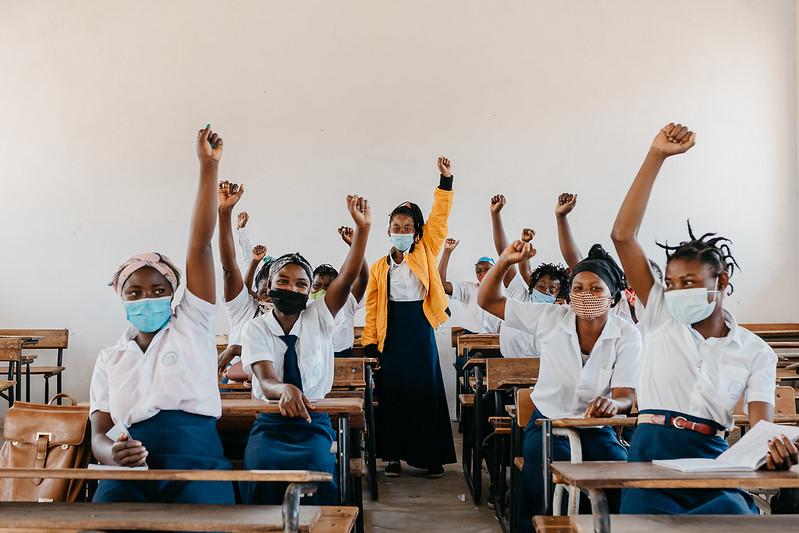
Duration: July 2022 - July 2026
Funding Partners: Governments of Belgium, Canada, Italy, the Netherlands, Norway, the United Kingdom, the European Union, the United States and Zonta International.
The Global Programme to End Child Marriage (GPECM) focuses on enabling girls at risk of child marriage to choose and direct their own futures, supporting households in demonstrating positive attitudes towards adolescent girls, and strengthening the systems that deliver services to adolescent girls. Considering that Mozambique is among the 5 countries with the highest prevalence of child marriage in the world, the GPECM is being implemented in six districts in Nampula and Zambezia provinces and emphasises community engagement, enhancing girls' access to quality education and legal, social, and health services, which empowers them with information and skills, and offers alternatives to early marriage through the creation of livelihood opportunities. The Programme prioritizes system strengthening in order to provide quality, holistic prevention, and response services to girls and enhance the policy environment and capacity of data generation to track progress and ensure more effective interventions. Recently, the Global Programme reached a significant milestone as it published the Phase III Programme Document (2024-2030), at the halfway point to achieve the Sustainable Development Goals (SDGs) in 2030. As part of Phase III, UNFPA and UNICEF will scale up efforts on the ground to prevent child marriage by expanding programme interventions to other provinces in Mozambique.
Obstetric Fistula
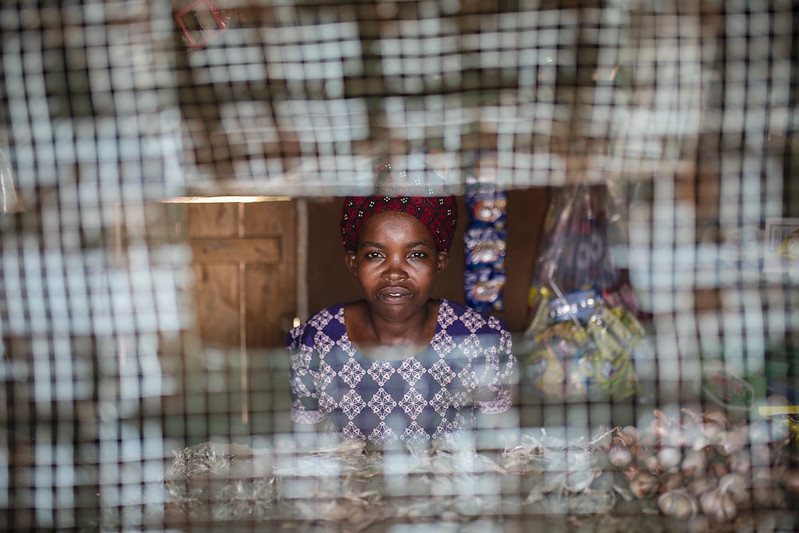
Duration: July 2022 - July 2026
Funding Partners: UNFPA Core Funding
The National Obstetric Fistula project works to provide surgeries for women who suffer from obstetric fistula, a debilitating, yet preventable, condition and to upgrade the country’s ability to respond to fistula. To address the issue of obstetric fistula (OF), a comprehensive approach is implemented to encompass advocacy, prevention, treatment, and cruicial social reintegration. Prevention requires improved referral mechanisms for suspected OF cases, including establishing referral centers, enhanced identification and referral practices in health facilities, and training traditional birth attendants to identify and refer women with OF. Additionally, increased availability of comprehensive emergency obstetric care, improved quality of basic emergency obstetric care, increased availability of waiting homes for pregnant women, and community-based efforts to prevent early marriage are critical preventive measures. Treatment strategies include developing a nationwide training program on OF repair for health professionals, increasing the number of trained and accredited OF repair surgeons, establishing permanent and multidisciplinary teams at OF repair sites, prioritizing routine OF repair surgeries, enhancing the availability and equipment of operating theaters, and developing technical manuals and clinical protocols for OF management. Social reintegration efforts focus on providing psychological support to OF survivors, developing criteria for allocating reintegration kits, ensuring post-kit allocation follow-up, and establishing partnerships to expand empowerment options for OF survivors. By implementing these multifaceted strategies, UNFPA is supports the Government of Mozambique to combat obstetric fistula and empower women affected by this devastating condition.
Enhancing The Quality of the Midwifery Workforce in Mozambique
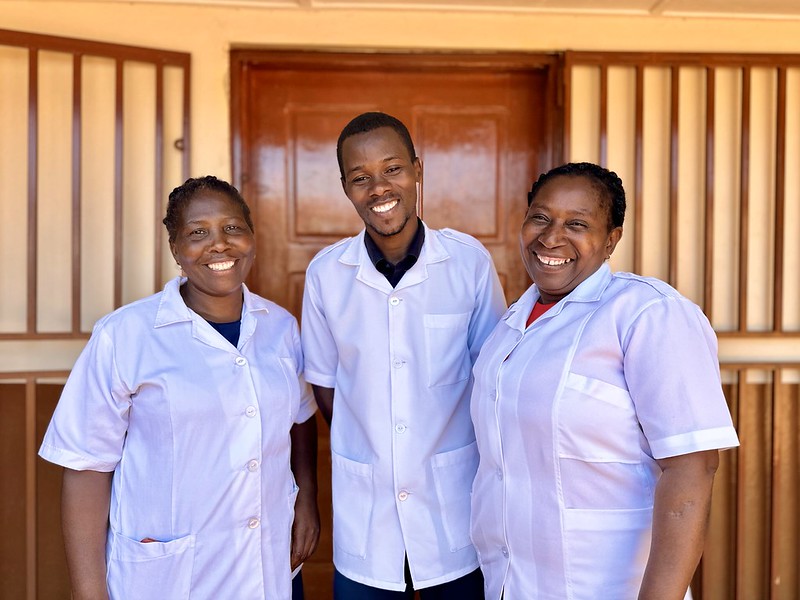
Duration: July 2022 - July 2026
Funding Partners: Government of Flanders
UNFPA is working with the Mozambican government to strengthen the institutional capacity of the Influence Training School (ICS) and to develop a new curriculum for a master's degree in Obstetrics and Neonatology. The objective is to increase the availability of a qualified midwifery workforce in Mozambique and to reduce maternal and neonatal mortality. Hence, the Mozambican population has access to quality sexual and reproductive health services with a qualified midwifery workforce deployed in health facilities. In the long-term, the project strives to strengthen the institutional capacity of the ICS through technical assistance from Cuba, post-graduation of specialized nurses from different provinces, and upgrading the learning environment. UNFPA will facilitate the South-South cooperation between the two Ministries of Health (MoH), Cuba and Mozambique, to increase the availability of a quality midwifery workforce. Furthermore, the project focuses on the capacity development of competencies of maternal and child health nursing students as a short-term intervention to respond to the current gaps. Progressively, the project strived to strengthen selected health facilities for internship sites to prevent maternal mortality, by addressing delivery obstetric complications with a focus on quality of care services and data strengthening.
Safeguard Young People - SYP
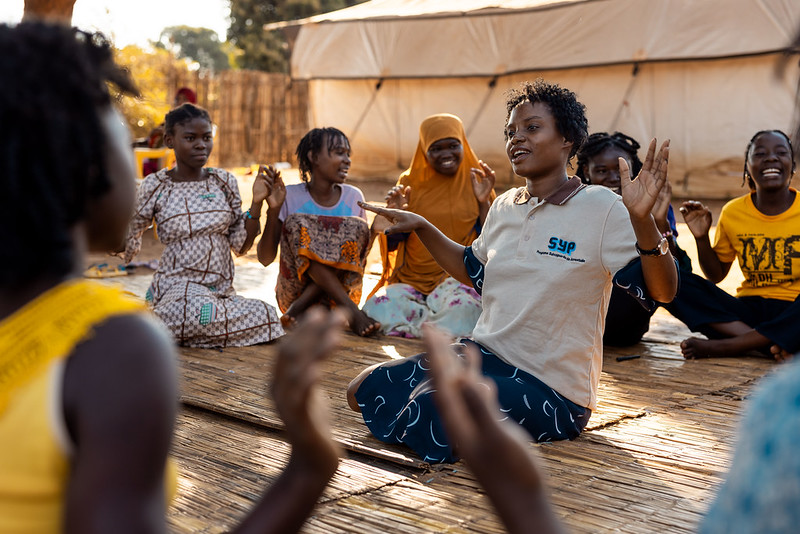
Funding Partners: Embassy of the Netherlands (2021-2026) / Swiss Government (2021-2023)
The Safeguard for Young People (SYP) is a Regional Programme to scale up existing interventions for adolescents and youth using the human rights and gender equality approach across multiple sectors. This involves establishing an enabling policy and legal framework, expanding access to quality, youth-friendly integrated HIV and SRHR services, providing comprehensive sexuality education (CSE) within and outside the formal classroom setting, and strengthening youth leadership, participation, and empowerment. The program combines three core components to improve sexual and reproductive health and rights (SRHR) for young people:
- Youth-focused programs: Provide knowledge and support to help young people make informed choices about SRHR, and seek out services at health facilities. These programs are delivered in schools and communities through a mentorship model.
- Health services: Support youth-friendly clinics, mobile brigades, and school health corners to provide SRHR consultations, services, and comprehensive sexuality education.
- Enabling environment: Advocate for policies and legislation that support youth SRHR, and coordinate with other stakeholders to create a supportive environment for young people
Improving Reproductive, Maternal and Adolescent Health in Sofala
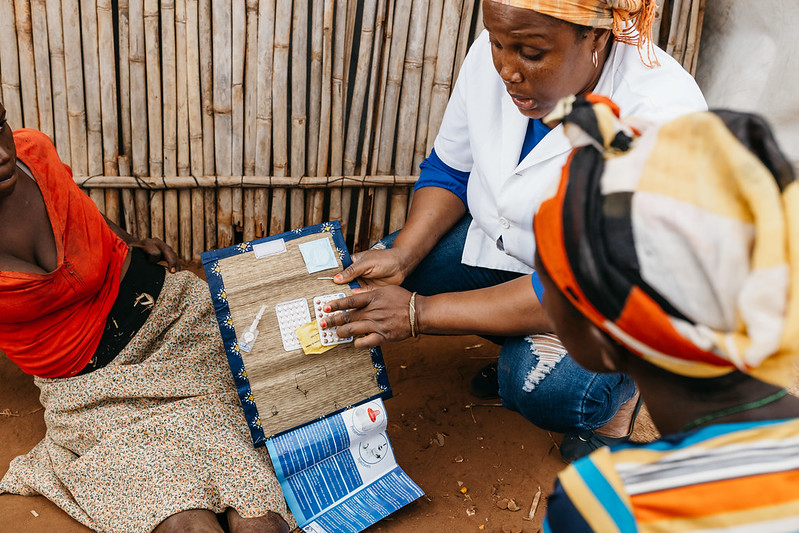
Duration: 2021- 2025
Funding Partners: Korea International Cooperation Agency (KOICA)
The Improving Reproductive, Maternal, and Adolescent Health project strives to elevate outcomes in sexual, reproductive, maternal, newborn, and adolescent health (SRMNAH) by bolstering the demand, utilization, and quality of SRMNAH services within Sofala province. Beyond merely improving services, the project is committed to raising awareness among young people and vulnerable communities regarding gender-based violence, while simultaneously expanding access to prevention and response services. These goals are pursued through a range of strategic interventions, including:
- Capacity-building initiatives for healthcare providers in targeted districts
- Empowerment and collaboration with local health committees and community health workers to increase access to health services
- Procurement and distribution of medical equipment for health facilities
- Support for the deployment of mobile health clinics in remote areas
- Engaging girls, boys, and young men in discussions about the significance of gender equality
Health Improvements for Mothers, Neonates, Children and Adolescents in Niassa
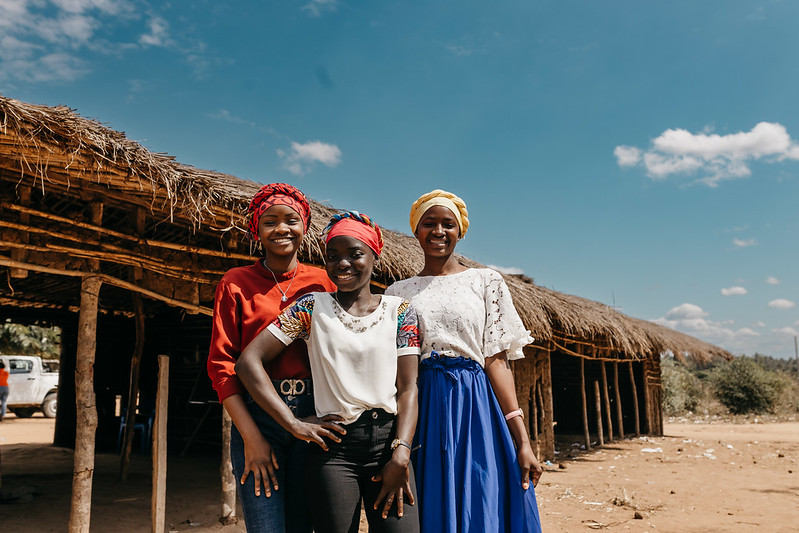
Funding Partner: Korea International Cooperation Agency (KOICA)
Duration: 2024 - 2028
The Health Improvements for Mothers, Neonates, Children, and Adolescents project aims to reduce maternal and neonatal mortality rates in Niassa. The project will address the complex drivers of maternal, neonatal, and child mortality, adolescent pregnancy, and child marriage through a comprehensive approach that includes:
- Strengthening the capacity of the health workforce.
- Ensuring adequate equipment, commodities, and medicines are available at health facilities.
- Improving access to health facilities, especially for rural and marginalized populations.
- Raising awareness of the importance of quality health services and family planning.
- Addressing the root causes of gender-based violence by adolescent girls and boys mentoring approach
The project is expected to make a significant contribution to reducing maternal and child mortality rates and improving the health and well-being of mothers, neonates, and children in the target area. The project contains an important advocacy component for women's and girls’ health and well-being through the development of products made through their own voices and stories.
Building Resilience for Women and Girls in the North (ResiNorte)
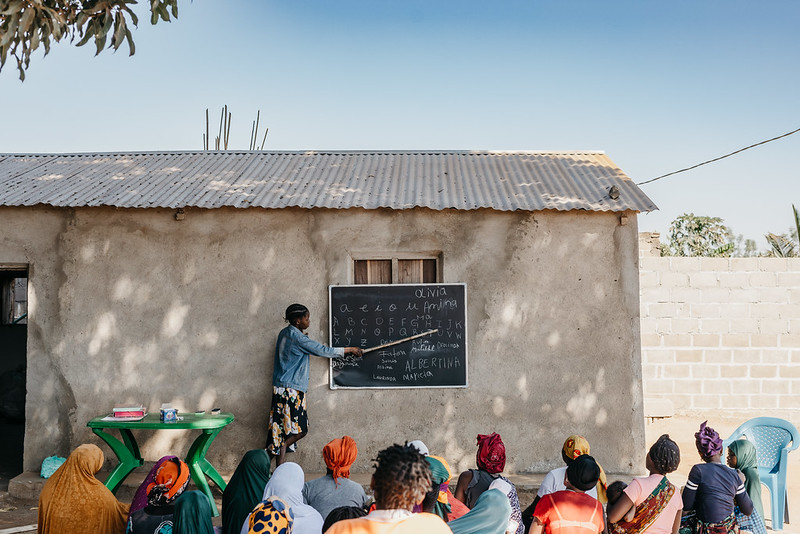
Duration: January 2023 - December 2025
Funding Partner: European Union
The ResiNorte project in Mozambique, funded by the European Union, is a UNFPA-led initiative that aims to restore a protective environment and build the resilience of displaced adolescent girls, women, young people, and host communities in northern Mozambique. The project focuses on improving access to lifesaving and high-quality Sexual and Reproductive Health services and rights for women, adolescent girls, and youth by providing them with access to a range of services including family planning, antenatal care, safe delivery, and postnatal care. The project also raises awareness of and promotes sexual and reproductive health rights. An important element of the ResiNorte project is strengthening the coordination and delivery of Gender-based Violence services in collaboration with the Mozambican government and civil society organisations. Under ResiNorte, implementing partners and UNFPA provide training to service providers on GBV prevention and response. By providing women, adolescent girls, and youth with access to economic empowerment opportunities, such as vocational training and microfinance loans, UNFPA promotes gender equality and women's participation in decision-making.
SRH and GBV services for Women and Girls in Northern Mozambique
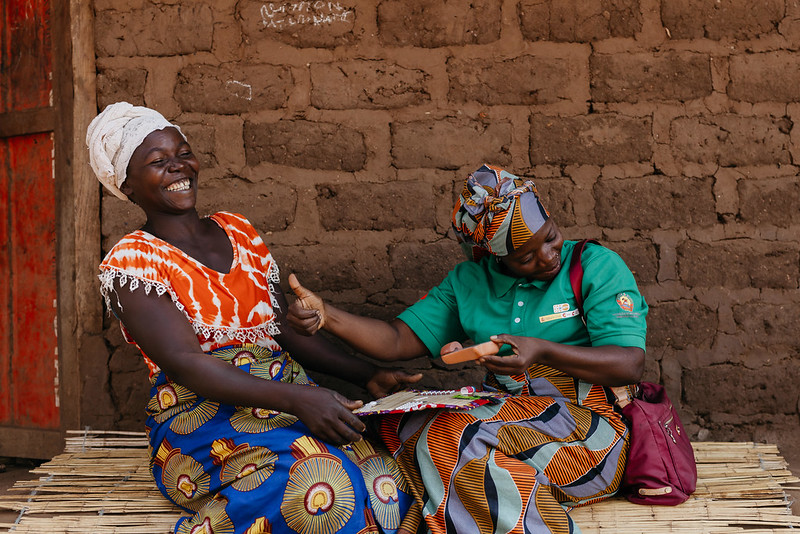
Duration: June 2022 - 31 Dec 2024
Funding Partner: Norway
The main focus of this project is to strengthen access to and availability of life-saving sexual and reproductive health (SRH) and gender-based violence (GBV) prevention and response services for vulnerable women and girls impacted by the conflict in northern Mozambique (Cabo Delgado, Nampula, and Niassa) across a triple nexus approach. The ‘triple nexus’ refers to the interlinkages between humanitarian, development, peace action, and actors. This project aims to support the Government of Mozambique’s recovery and resilience strategies for the northern region, with a focus on integrated SRH and GBV prevention, mitigation, and response services, by applying a triple nexus approach with women and girls at the center. The project responds to the Sexual and Reproductive Health and Rights (SRHR) and GBV response needs of the most vulnerable groups among displaced populations and host communities, including women and girls with disabilities applying a gender transformative and human rights-based approach while reinforcing the use of evidence and disaggregated data to reach those furthest left behind. UNFPA bridges humanitarian action by strengthening local authorities and institutions ́ capacities to provide integrated SRH and GBV services to crisis-affected populations and to promote development, peace, and stability through a sustainable and conflict-sensitive approach.
Strengthening SRH and GBV response services in Cabo Delgado, Niassa and Nampula
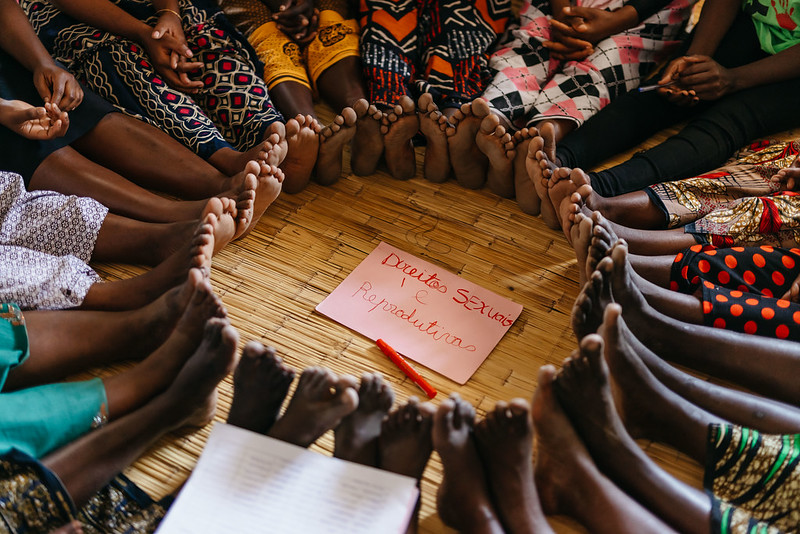
Duration: June 2022 - 31 Dec 2024
Funding Partner: Norway
In the Cabo Delgado, Nampula, and Niassa Province of Mozambique, UNFPA aims to ensure the availability of contraceptives at the national level and scale up family planning and GBV services at the community level for both internally displaced people and host communities in selected districts with a focus on vulnerable groups by reaching the furthest behind first and leaving no one behind. Through its various objectives, the project strives to first ensure contraceptive availability at all levels and expand the basket of contraceptive choices. Secondly, increase demand for, and utilisation of quality sexual and reproductive health services focusing on Family Planning at the community level. Last, but not least, it has the objective to strengthen the provision of integrated sexual and reproductive health and Gender Based Violence (GBV) prevention and response services in the Provinces, including ensuring the inclusion of vulnerable populations (LGBTQ+ and people with disabilities). The project approach is complementary and aligned with existing programmes in Cabo Delgado and Nampula, such as My Choice in Cabo Delgado and Rapariga Biz in Nampula province. The project combines advocacy, evidence-based policy advice and technical assistance, knowledge management, capacity building, and partnerships; the interventions are designed to provide evidence for replication and adoption at the sub-national level.
Building Tomorrow Today: Strengthening GBV response services and systems in Cabo Delgado through a triple-nexus approach
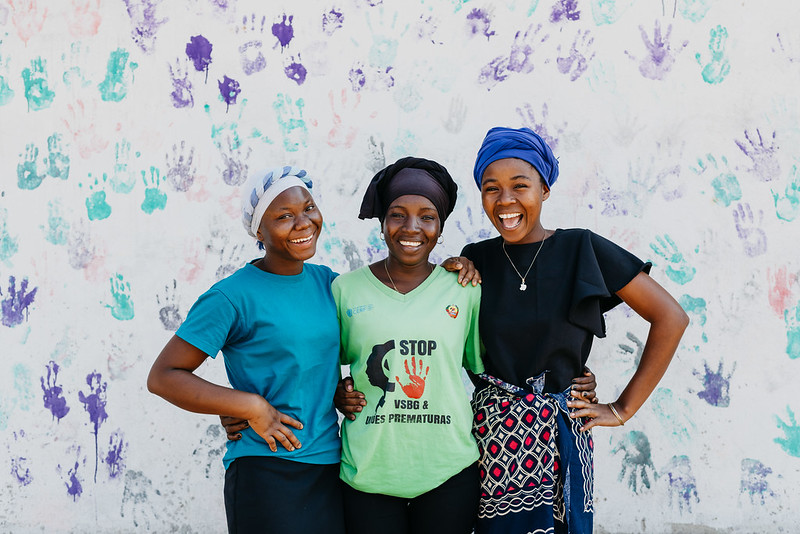
Duration: March 2022 - 31 December 2023
Funding Partner: Canada
The Building Tomorrow Today project bridges the humanitarian-development-peace nexus (triple-nexus approach) by ensuring that humanitarian assistance for women and girls and youth is delivered in the context of building resilience and broader sustainable development priorities. The project supports national, sub-national, and inter-agency measures to strengthen gender-based violence (GBV) prevention, response, and mitigation intervention by strengthening multi-sectoral GBV response services, coordination of risk mitigation GBV interventions, and evidence base and data systems for the recovery and development of integrated GBV services and gender-sensitive protection systems. Reaching particularly vulnerable groups with GBV services and referrals is a priority, including women and girls with disabilities and albinism. Implemented in Cabo Delgado Province, the project combines advocacy and policy dialogues, evidence-based policy advice, knowledge management, capacity building and partnerships in support of government efforts to accelerate the achievement of the Sustainable Development Goals (SDGs) and reduce geographic, socio-economic, gender and socio-cultural inequalities.
United Nations Central Emergency Response Fund (UN-CERF)
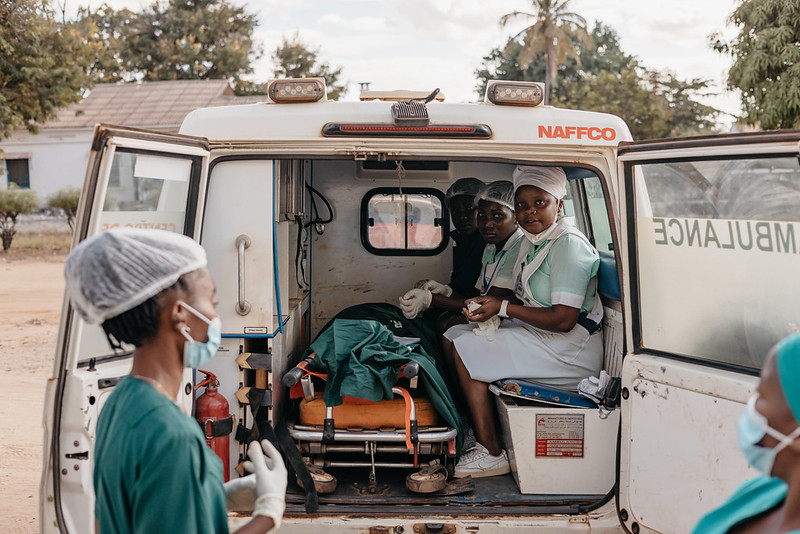
Duration: December 2022 - December 2023
Funding Partner: UN OCHA, UNCERF
UNFPA is enhancing the availability and accessibility of life-saving Sexual and Reproductive Health (SRH) care and Gender-Based Violence (GBV) services for conflict-affected populations in Cabo Delgado province. The project aims to reduce the health, physical, and emotional consequences associated with GBV such as exposure to sexually transmitted diseases, unwanted pregnancies, and trauma. UNFPA also aims to improve the psychosocial well-being of women and girls who are often forced to bear additional shame associated with GBV and mobility challenges associated with the lack of basic hygiene items and supplies. Through SRH interventions, UNFPA, alongside Implementing Partners (IPs) are reinforcing capacity for the provision of the Minimum Initial Service Package for SRH in emergencies: Prevention and provision of services to address GBV, clinical management of rape and care; enhance access to life-saving emergency obstetric and newborn care (EmONC), HIV and STIs prevention and access to family planning and other SRH services such as antenatal care. To enable the provision of quality life-saving SRH interventions, the project enhances the availability of essential Reproductive Health Kits in Internally Displaced Population (IDP) sites including in the most remote locations in the targeted districts. The project provides humanitarian assistance to 87,518 people, including 43,749 women, 12,501 men, and 28,303 children, including 5,110 Persons with Disabilities.


